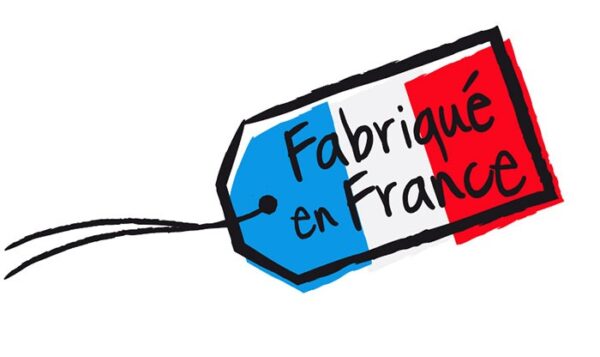The Impact of French on English: Language of the Ruling Classes
The main period for the introduction of French words into English was after the Norman Conquest of 1066. For the next 300 or so years, the language of the royal court, and therefore of authority, was Norman, a variety of French. The ruling classes spoke what came to be known as Anglo-Norman, while the rest of the population – the peasantry – carried on speaking English. French quickly became the language of law and government. This carried on until about the end of the 14th century when English reasserted itself as the language of authority. But French had made its mark on English and many of its words remain in use in English today.
Words from French: Government, Law and Warfare
With the Normans in a position of power for so long in the British Isles it is no surprise that many English words relating to government, law, money, and warfare come from French. Here are just a few:
attorney from the Old French atourné
fee from the original French word fie, 14th Century
finance from finer to end or settle by payment
guard from garde, 15th Century
inherit from Old French enheriter, 14th Century
jail from Old French jaiole (meaning cage), 13th Century
jury from Old French juree, originally from jurer (meaning to swear), 14th Century
lieutenant from Old French, literally (meaning place-holding), 14th Century
march from Old French, from Latin Martius (month) of Mars
medal from French médaille, probably from Italian medaglia, ultimately from Latin metallum (meaning METAL), 16th Century
mutiny from obsolete mutine, from Old French mutin (meaning rebellious), from meute (meaning mutiny), ultimately from Latin movēre (meaning to move), 16th Century
parliament from Anglo-Latin parliamentum, from Old French parlement, from parler to speak, 13th Century
LINK:https://www.collinsdictionary.com/dictionary/english/royal|CAPTION:royal] from Old French roial , from Latin rēgālis, (meaning fit for a king), from rēx (meaning king), 14th Century.
soldier from Old French soudier, from soude (army) pay, from Late Latin solidus (a gold coin), 13th Century
treaty from Old French traité, from Medieval Latin tractātus (meaning treaty), 14th Century
Words from French: Cooking and Cuisine

Britain has often followed French tastes when it comes to cuisine, from the Norman Conquest in the 11th century to nouvelle cuisine of the 1980s. Below is a small selection of culinary words English has adopted from France:
aperitif from French, from Medieval Latin aperitīvus, from Latin aperīre (meaning to open), 19th Century
bacon from Old French bacon , from Old High German bahho, 12th Century
beef from Old French boef, 13th Century
café from French: COFFEE, 19th Century
courgette from French, diminutive of courge
grape from Old French grape, 13th Century
juice from Old French jus, 13th Century
larder from Old French lardier, 14 Century
mackerel from Anglo-French, from Old French maquerel, 13th Century
menu from French menu , meaning small, detailed (list), 19th Century
nutmeg from Old French nois muguede, 13th Century
omelette from French omelette, changed from alumette, from alumelle (meaning sword blade), changed by mistaken division from la lemelle, from Latin; apparently from the flat shape of the omelette
picnic from French piquenique, 18th Century
poultry from Old French pouletrie, from pouletier (meaning poultry-dealer), 14th Century
quiche from French, from German Kuchen (meaning cake)
restaurant from French, from restaurer (meaning to restore), 19th Century
salad from Old French salade, from Old Provençal salada, from salar (meaning to season with salt), from Latin sal (meaning salt), from 15th Century
sausage from Old Norman French saussiche, from Late Latin salsīcia, from Latin salsus (meaning salted), 15th Century
soup from Old French soupe, from Late Latin suppa, 17th Century
spice from Old French espice, from Late Latin speciēs (plural) (meaning spices), 13th Century




collins_dictionary_official
The home of living language. #wotd #wordlovers #collinsdictionary
Read our word of the week definitions and blog posts: